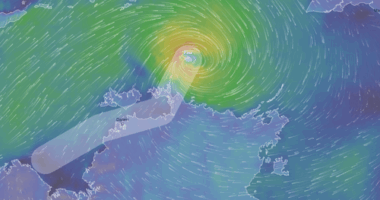Share this @internewscast.com
He expresses relief that this source of frustration has been alleviated for many individuals.
Lifeblood Australia projects that this policy shift will impact 600,000 Australians, potentially increasing the donor pool by 24,000 and resulting in 95,000 additional plasma donations.
Ban rooted in HIV transmission fears
“As HIV testing has advanced, the deferral period for men who have sex with men was reduced from indefinite to 12 months, and then in 2021, it was further shortened to three months.”

First-time donor Johannes felt frustrated that he was unable to donate for years. Source: SBS News / Rania Yallop
Steel is excited to witness the Therapeutic Goods Administration (TGA) provide a safe pathway for donating the liquid gold and hopes to encourage thousands to donate.
“They want to help others, and they’ve been prevented from doing so; that changes today, and it’s really great to see this step forward for equality.”
All donors with new or multiple partners will be prohibited from proceeding if they’ve had anal sex in the last three months.
Rolling up their sleeves a ‘step towards equity’
“It’s a step towards equity and I think it’s a reasonable sacrifice to make,” he told SBS News.

Following the rule change, Ben (right) has already enlisted six of his friends to donate plasma. Source: SBS News / Rania Yallop
Ben was accompanied by Johannes, who works in a Canberra hospital and was motivated to add to the plasma supply after seeing the impact on recipients first-hand.
“I’m at the giving side of blood products, and I know how life-saving it can be to have them, whether that’s plasma or red blood cells,” Johannes said.
‘Felt braver’: Life-changing plasma
For years, a rare primary immune deficiency left her unwell, bedridden and frequently visiting the hospital.

Hayley Teasdale uses two vials of plasma a week, the equivalent of 100 plasma donations, to boost her immunocompromised body. Source: SBS News / Rania Yallop
Now, the equivalent of 100 plasma donations a year, has meant she can live a full and active lifestyle and keep up with her three-year-old daughter.












